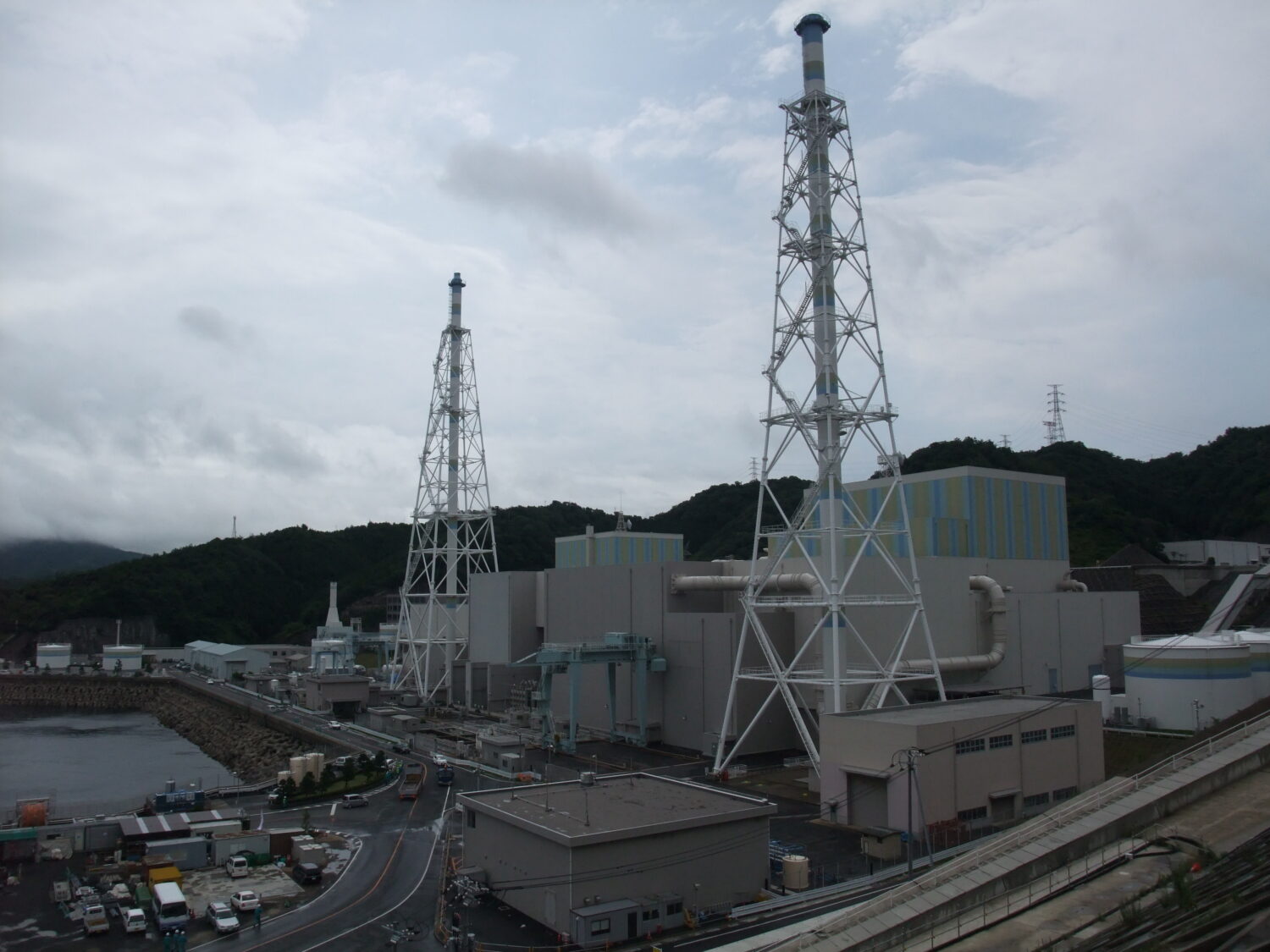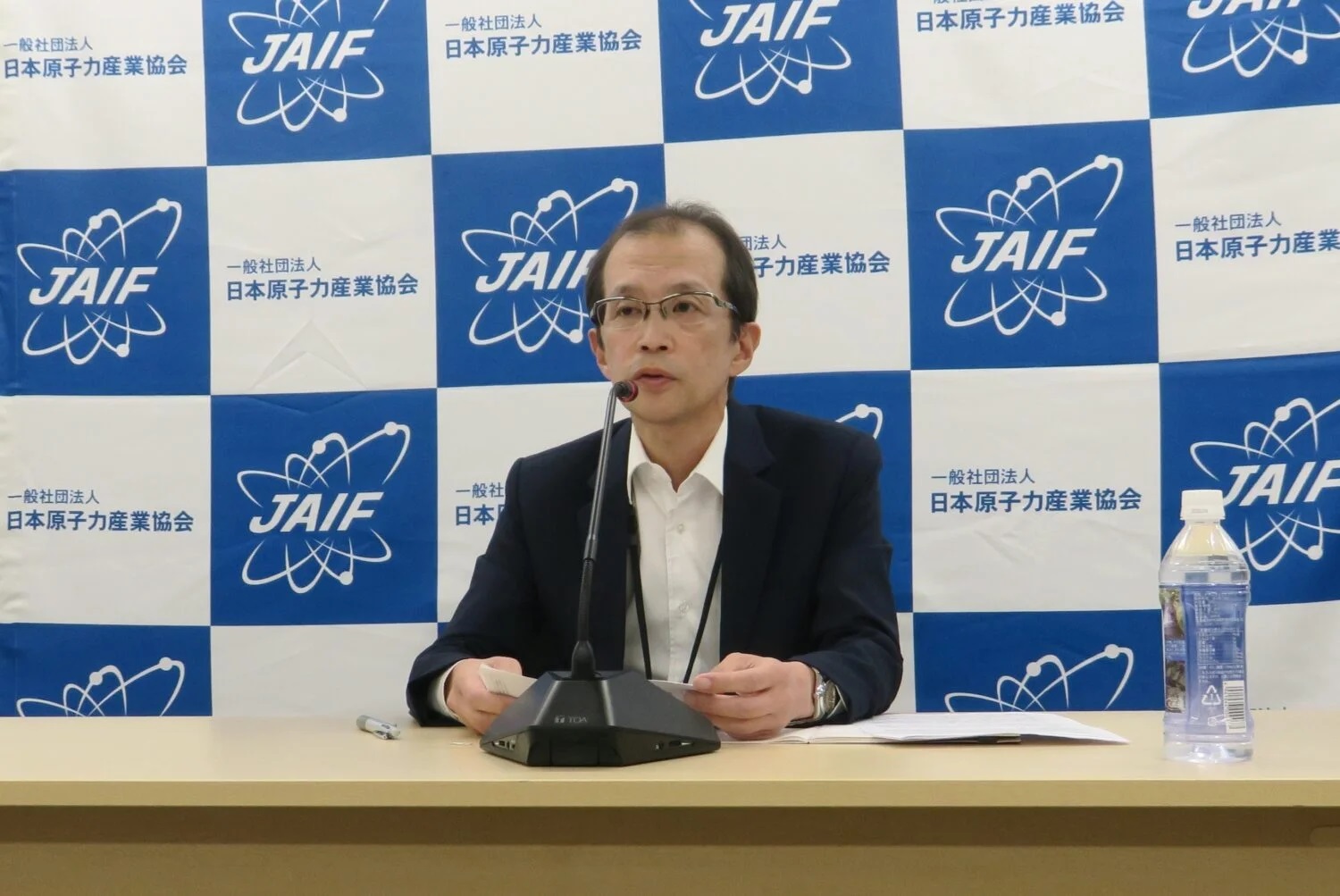The initial session targeted residents from the Kashiwazaki City and Kariwa Village. Although 18 participants were scheduled, two were absent. A total of 16 people attended—eight individuals representing six organizations, including the Niigata Chamber of Commerce Federation, and eight members from the general public. Of these, seven supported the restart, five opposed, two expressed conditional support, one voiced “concerns” about restarting, and one participant did not disclose their position.
A man in his 70s from Kashiwazaki, recommended by the Prefectural Truck Association, supported restarting, stating, “Japan relies heavily on fossil fuels and lacks domestic energy resources. Nuclear energy plays a significant role in stabilizing energy supply and as a decarbonization measure. The Kashiwazaki Kariwa Nuclear Power Plants are critical assets not only for this region and Niigata Prefecture but for the entire nation. As someone living in the vicinity of the plant within the UPZ (Urgent Protective Action Planning Zone), it would be a waste not to utilize it.”
Another Kashiwazaki resident, a man in his 60s recommended by the Niigata Chamber of Commerce Federation, pointed out, “Many residents of Niigata Prefecture, particularly from the Kashiwazaki Kariwa region, are employed at the plant. Compared to western Japan, where restarts are advancing, electricity price disparities are widening, affecting local industries and households.” However, he emphasized future challenges, noting, “True regional safety and security depend on the completion of the entire nuclear fuel cycle, a responsibility the government must fulfill.”
Conversely, another Kashiwazaki resident in his 70s raised concerns, highlighting incomplete evacuation routes and questioning the effectiveness of emergency measures outlined in the Cabinet Office’s regional evacuation plans.
Governor Hanazumi has been holding discussions with municipal leaders since late May and plans to continue until the end of summer. A decision on the restart is expected after the public hearings conclude in late August.


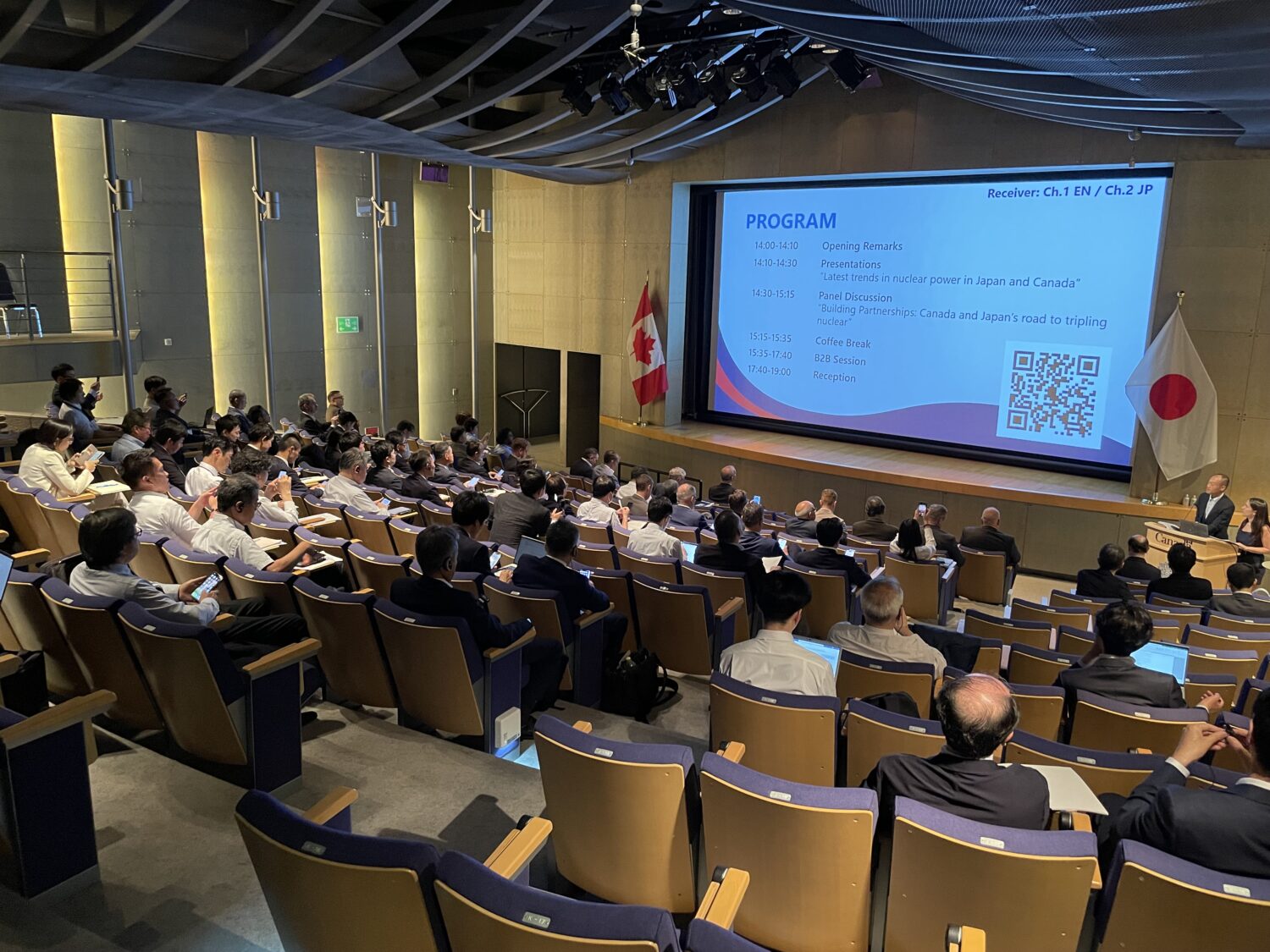


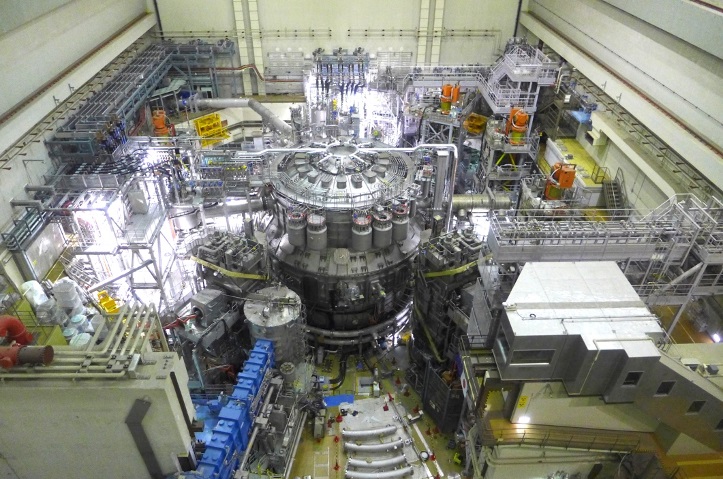
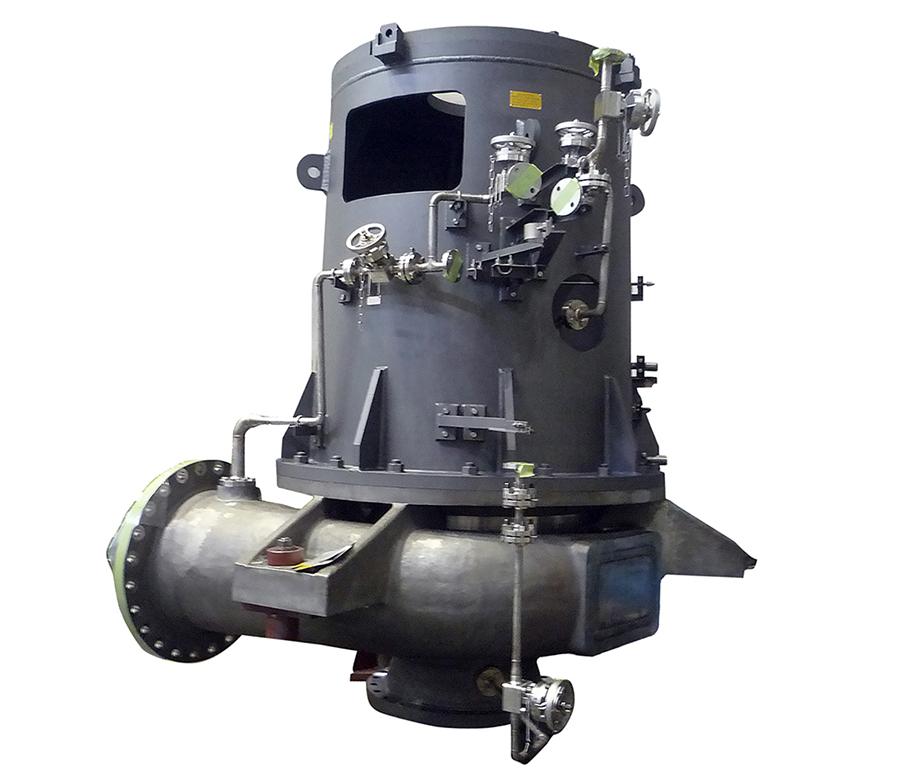

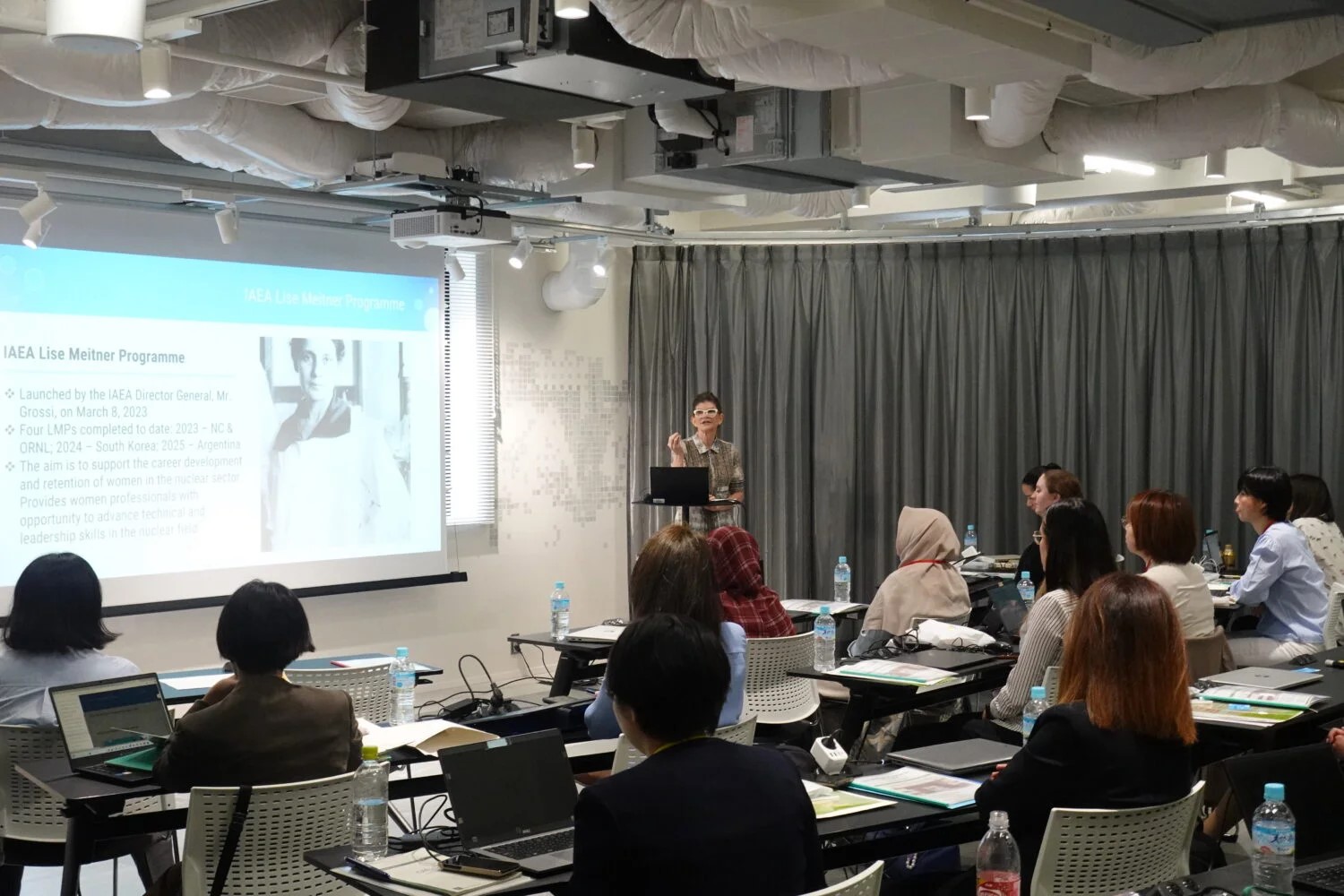
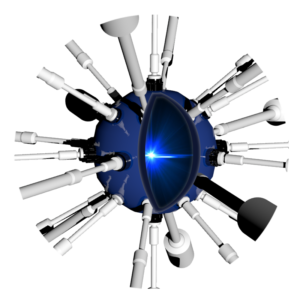

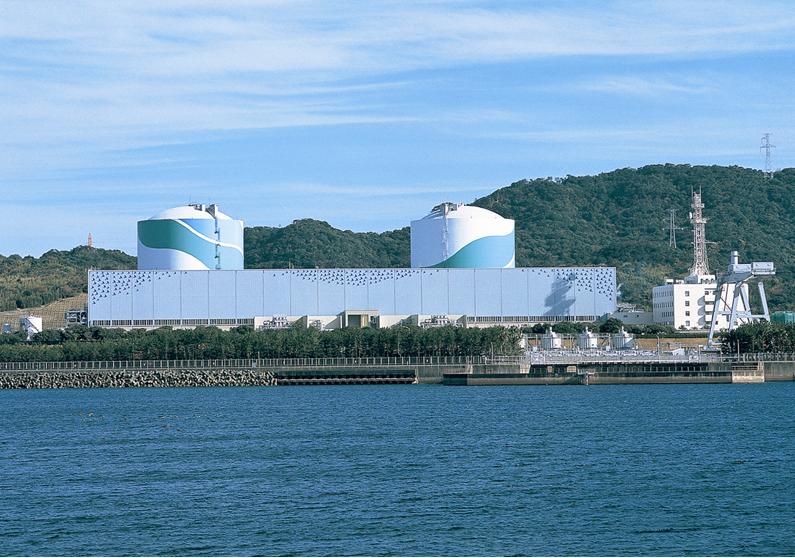
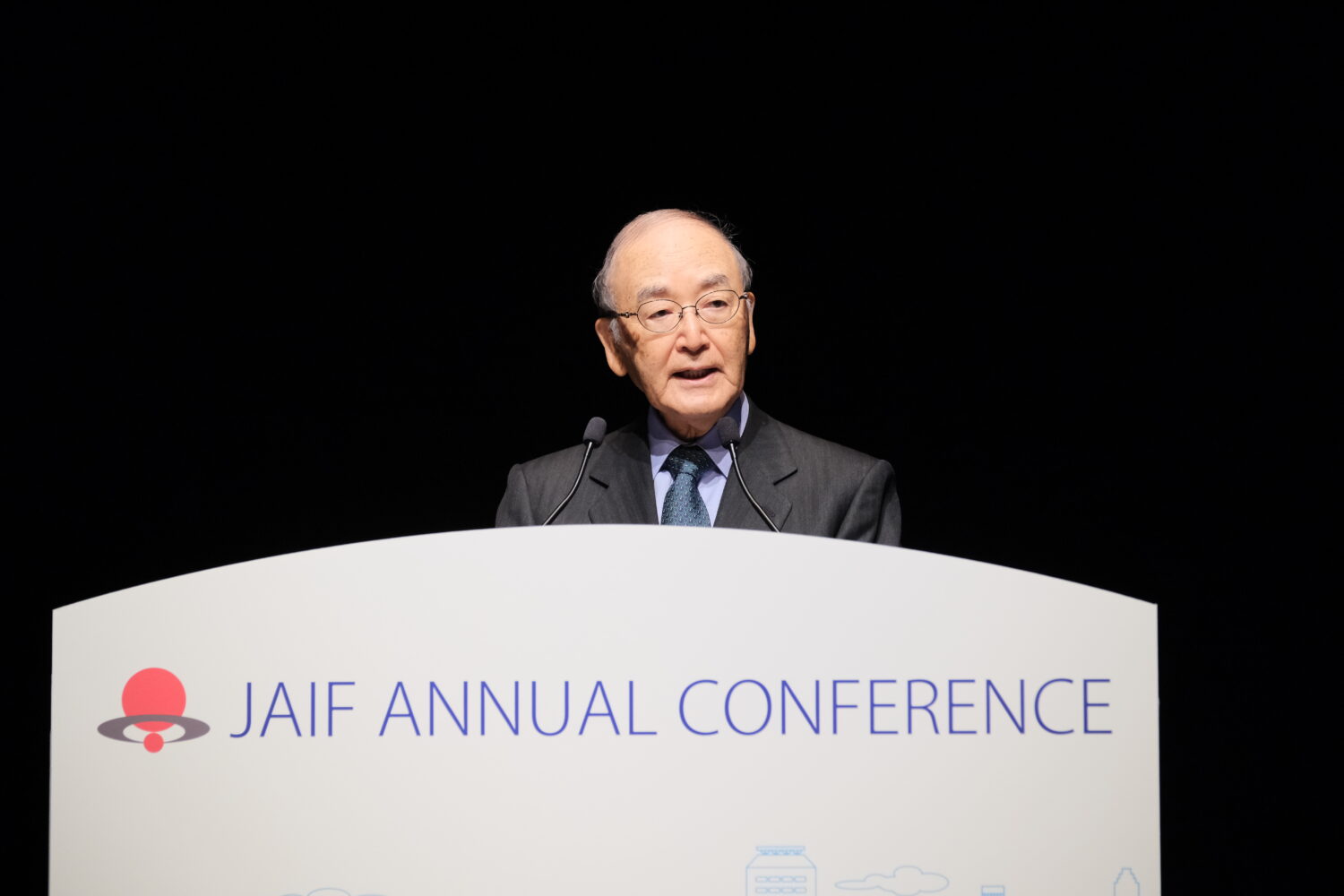
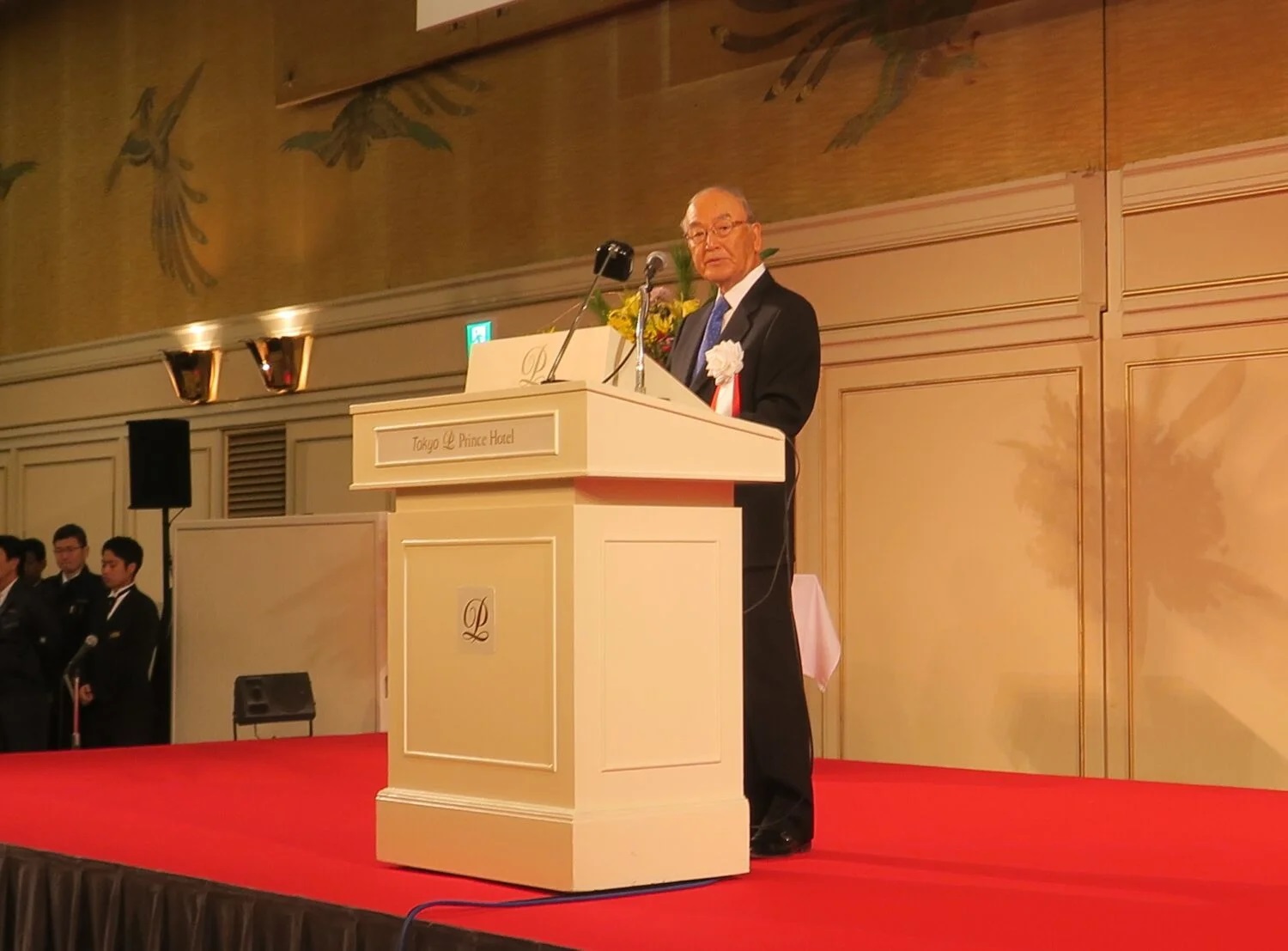
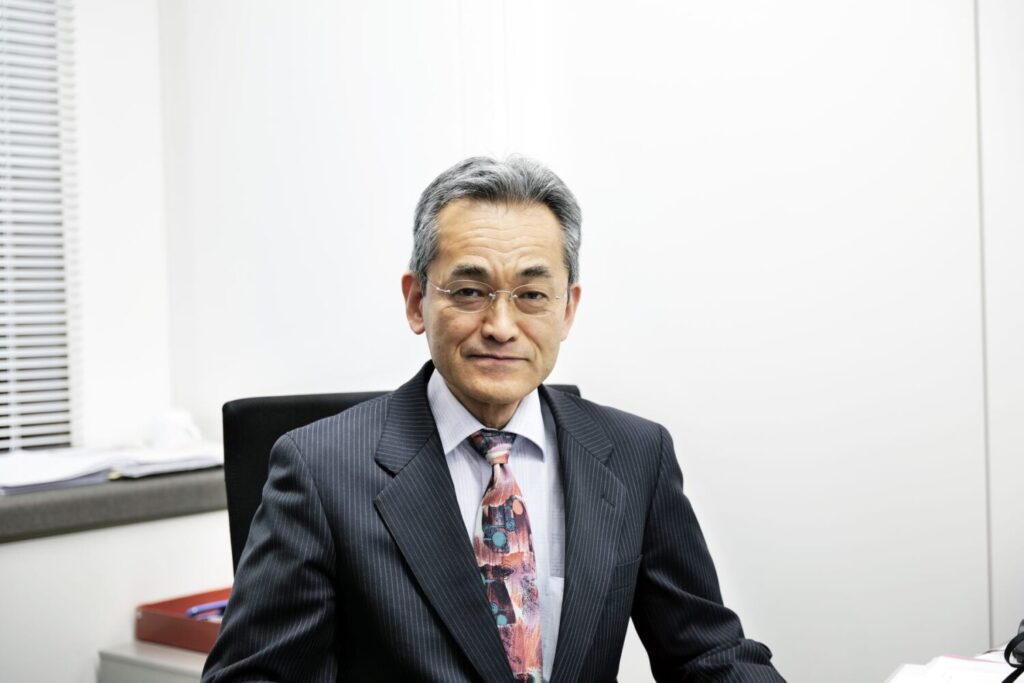

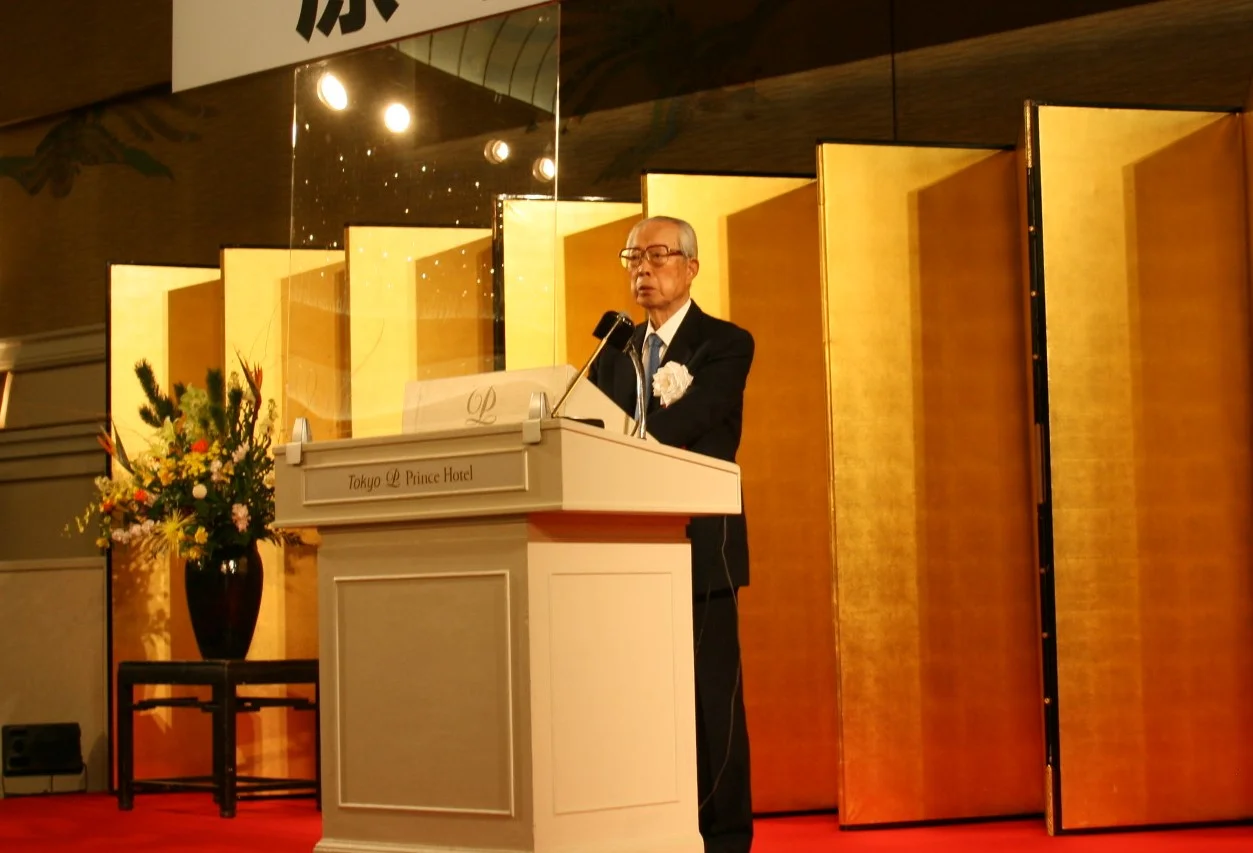
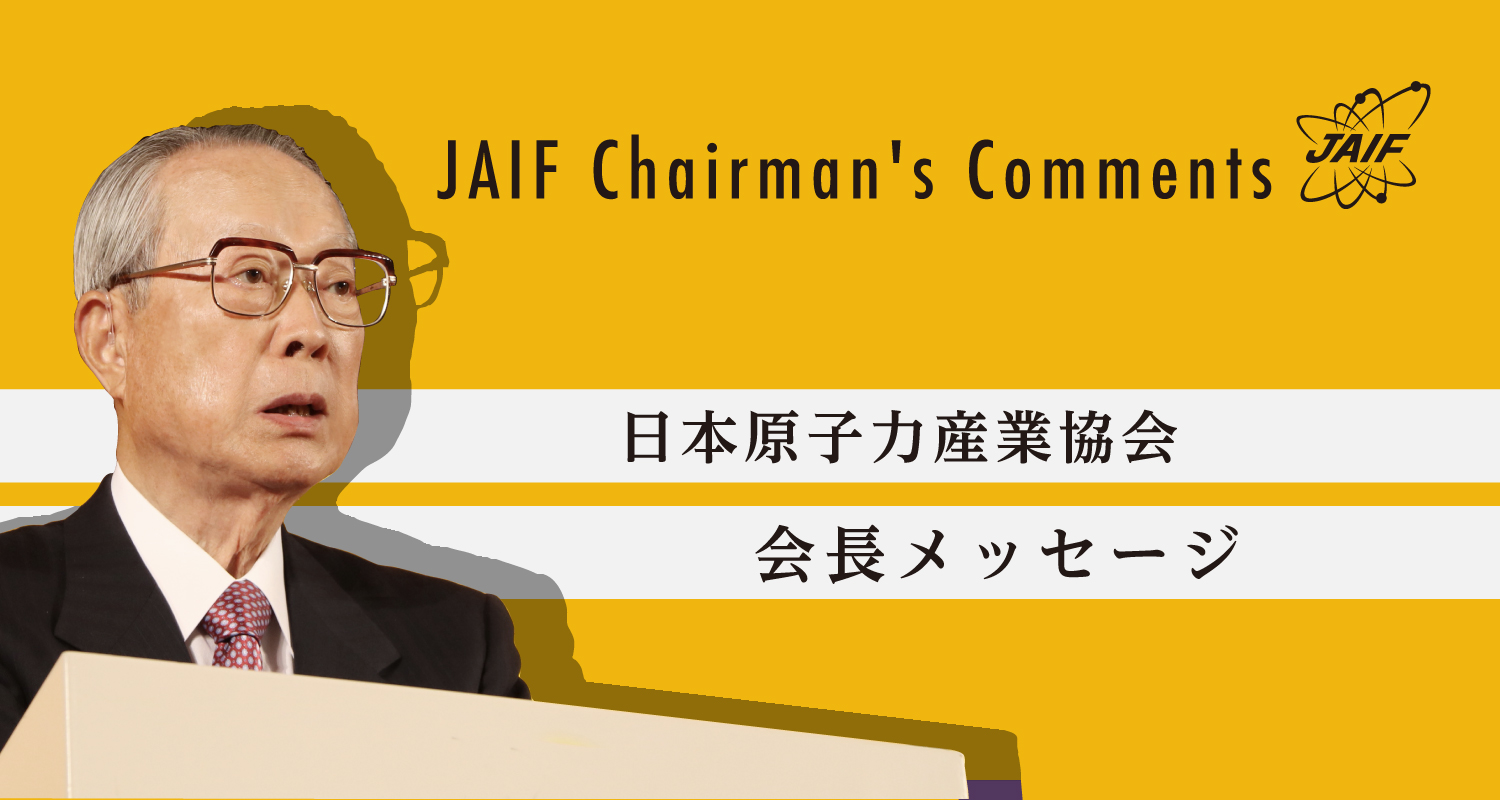
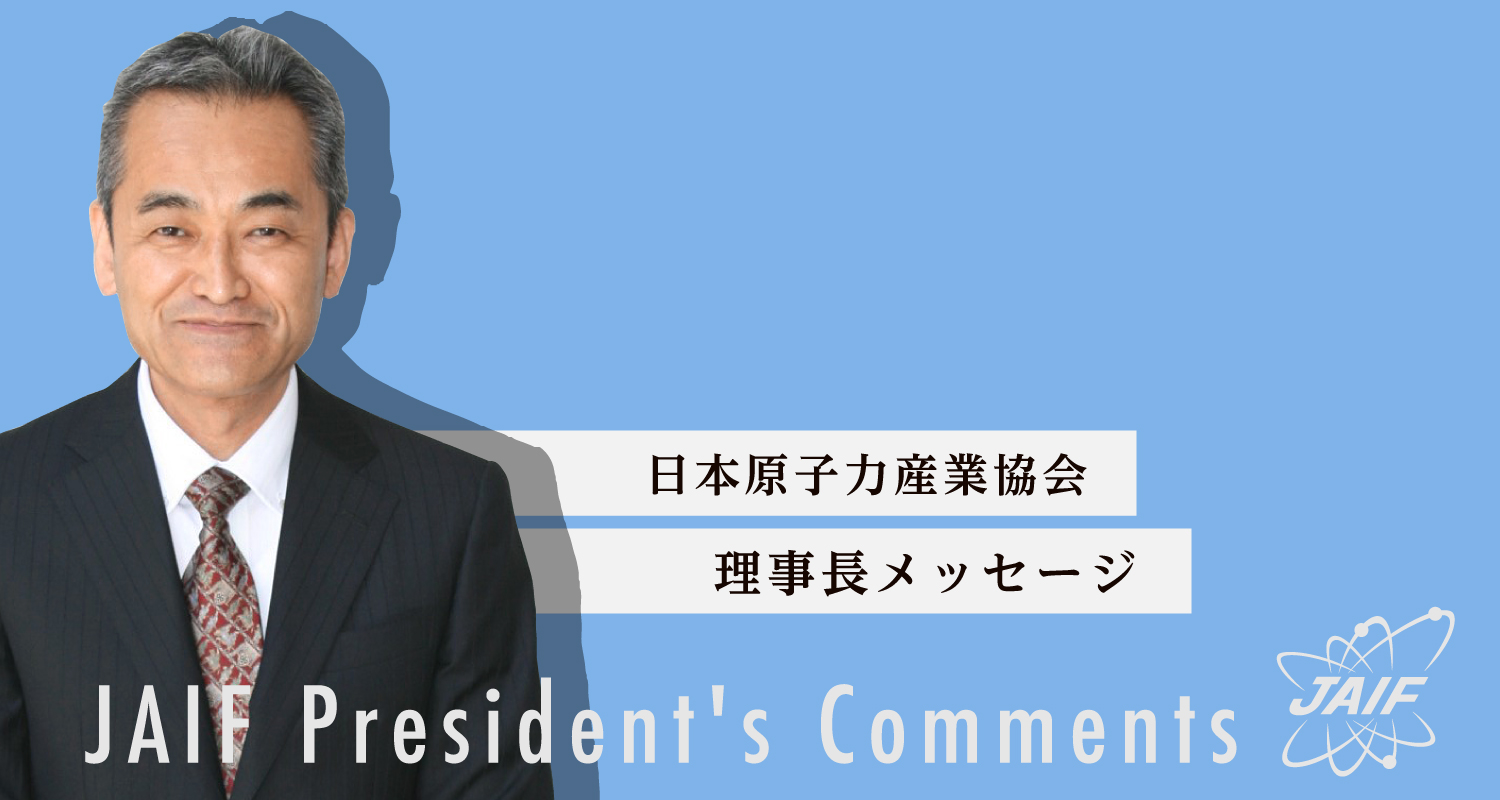
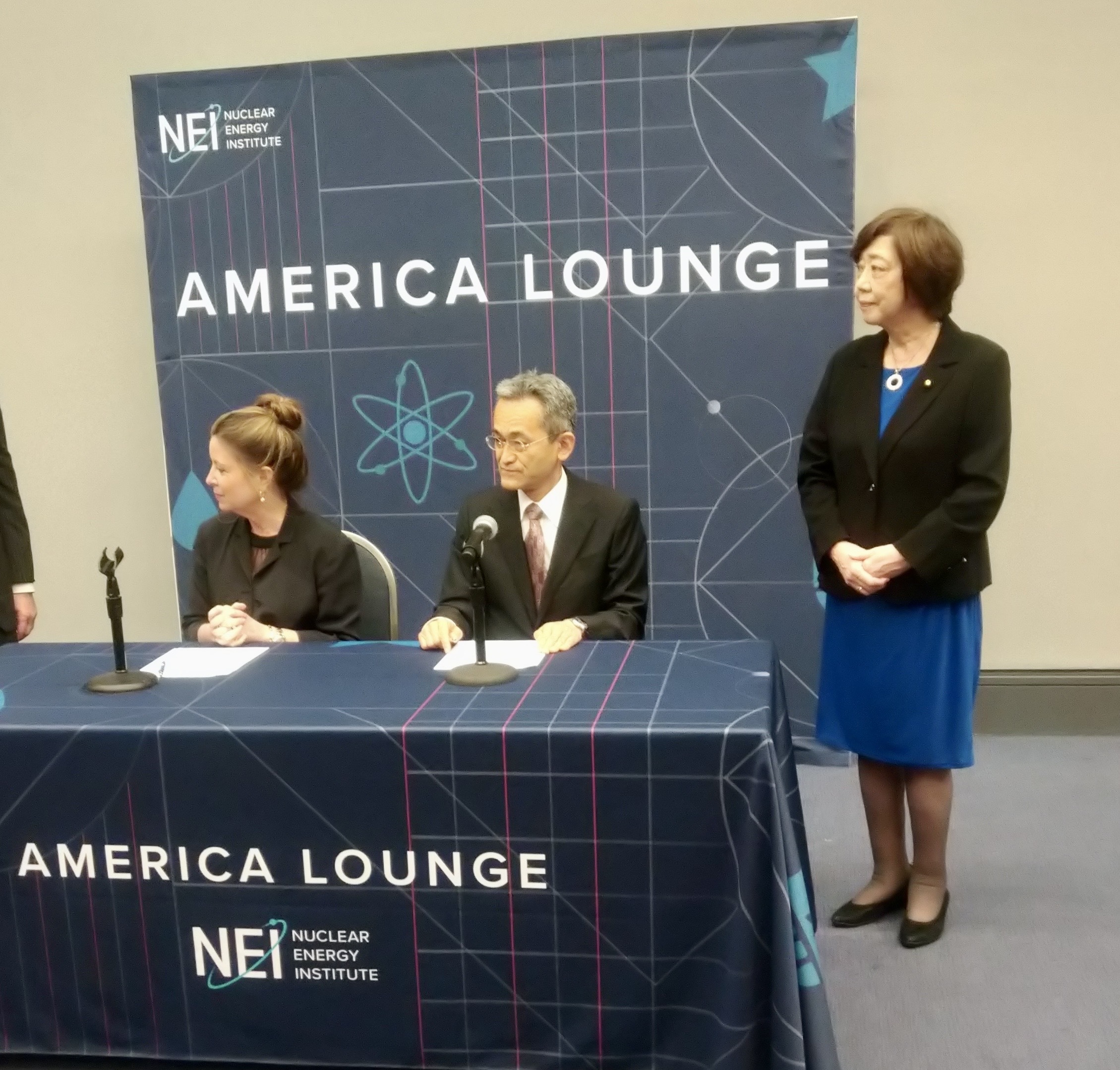

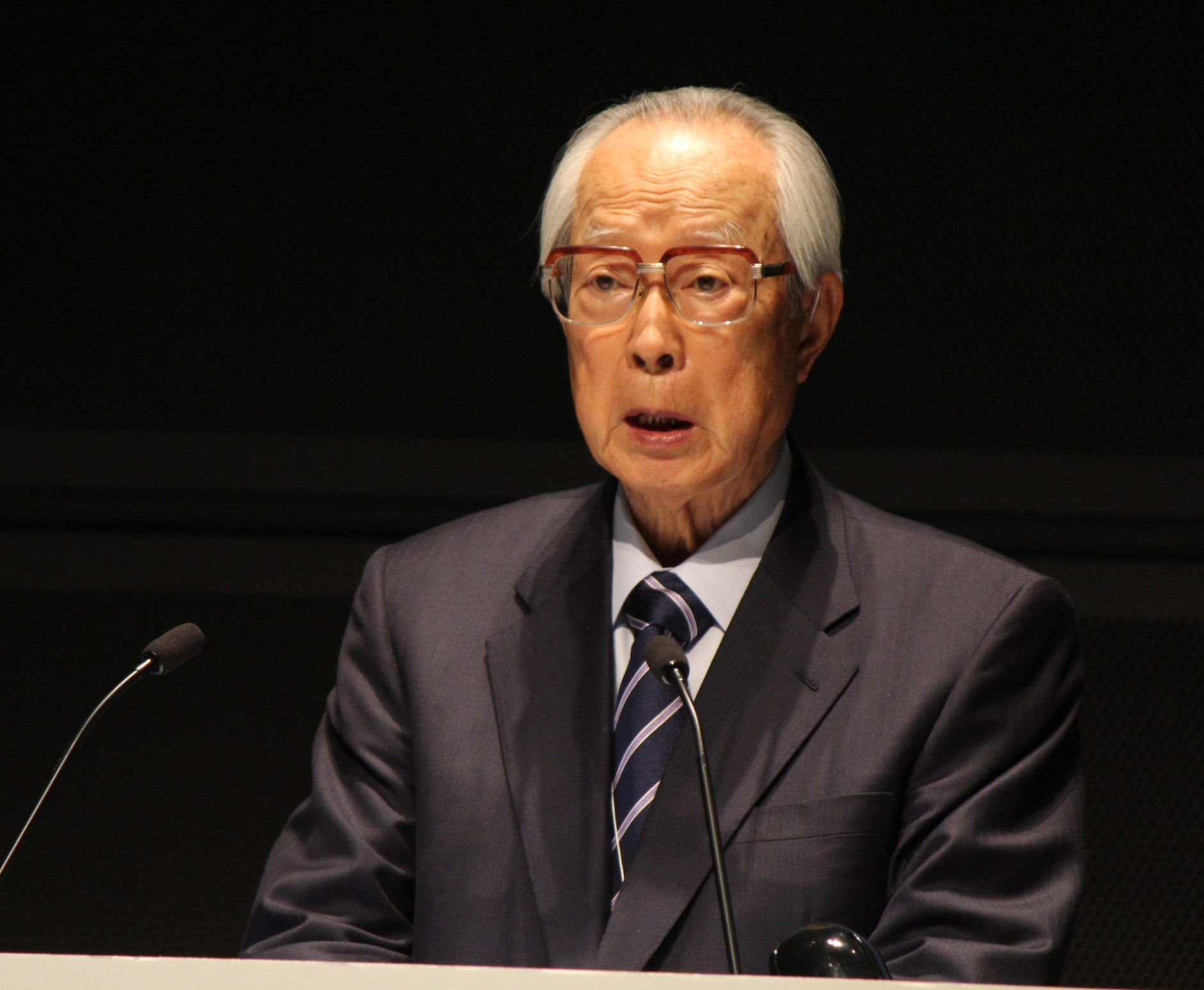
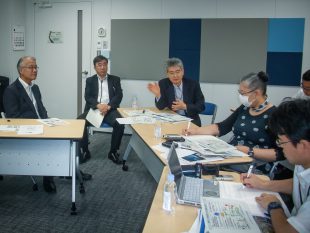


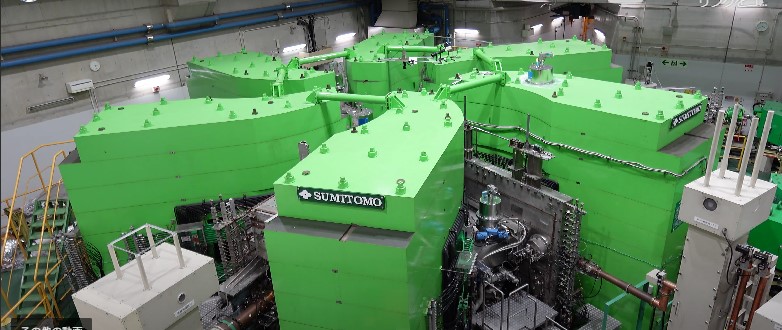




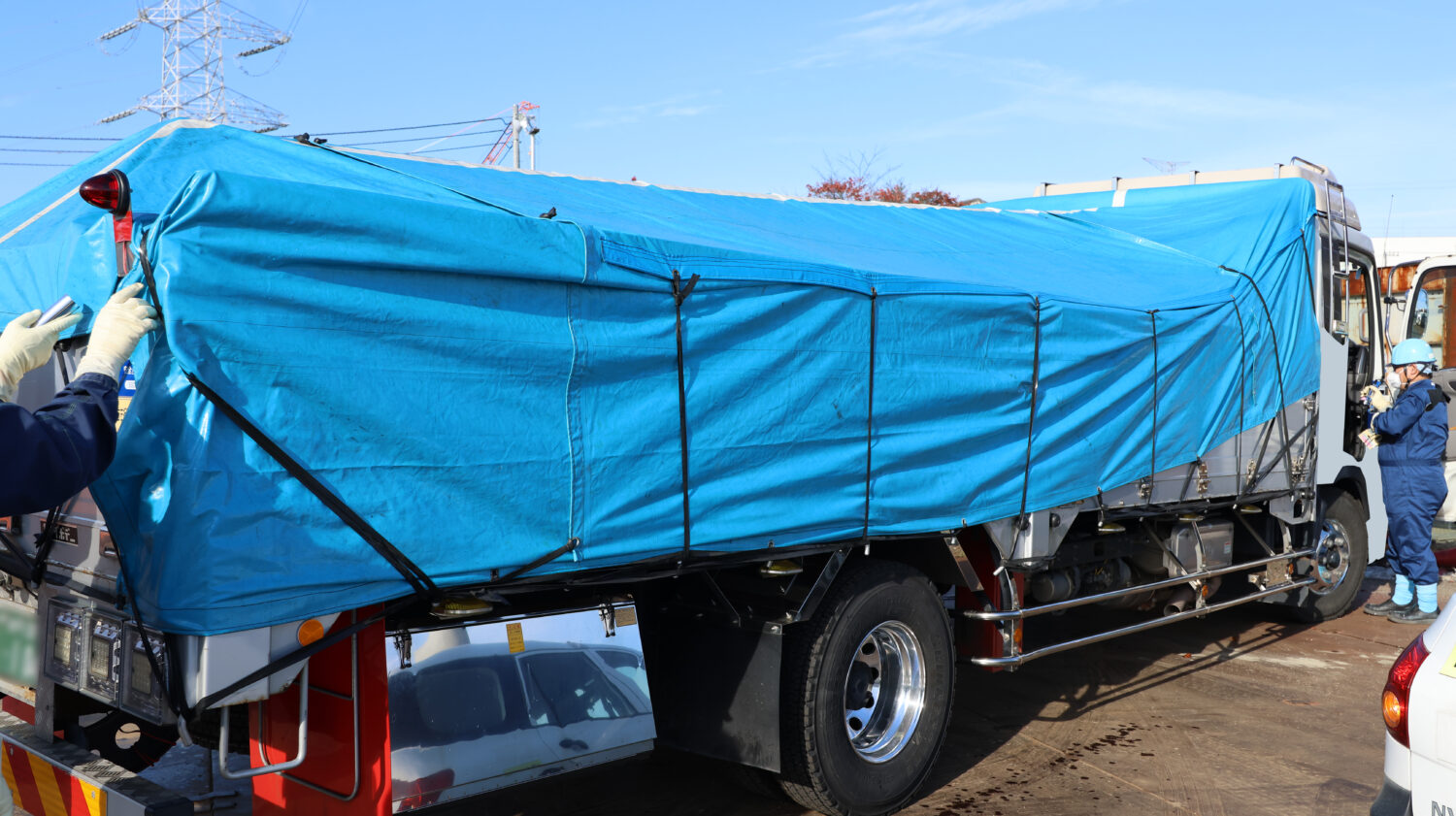
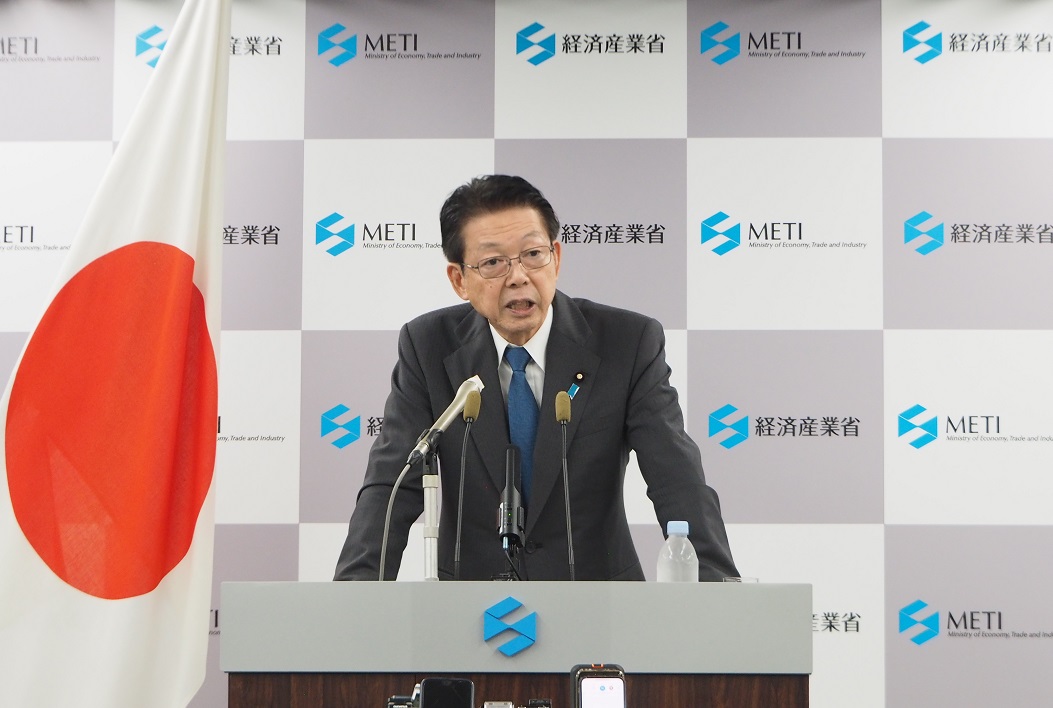
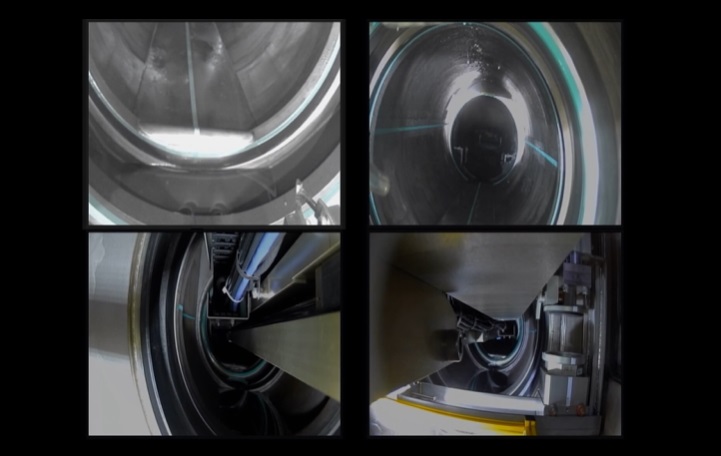
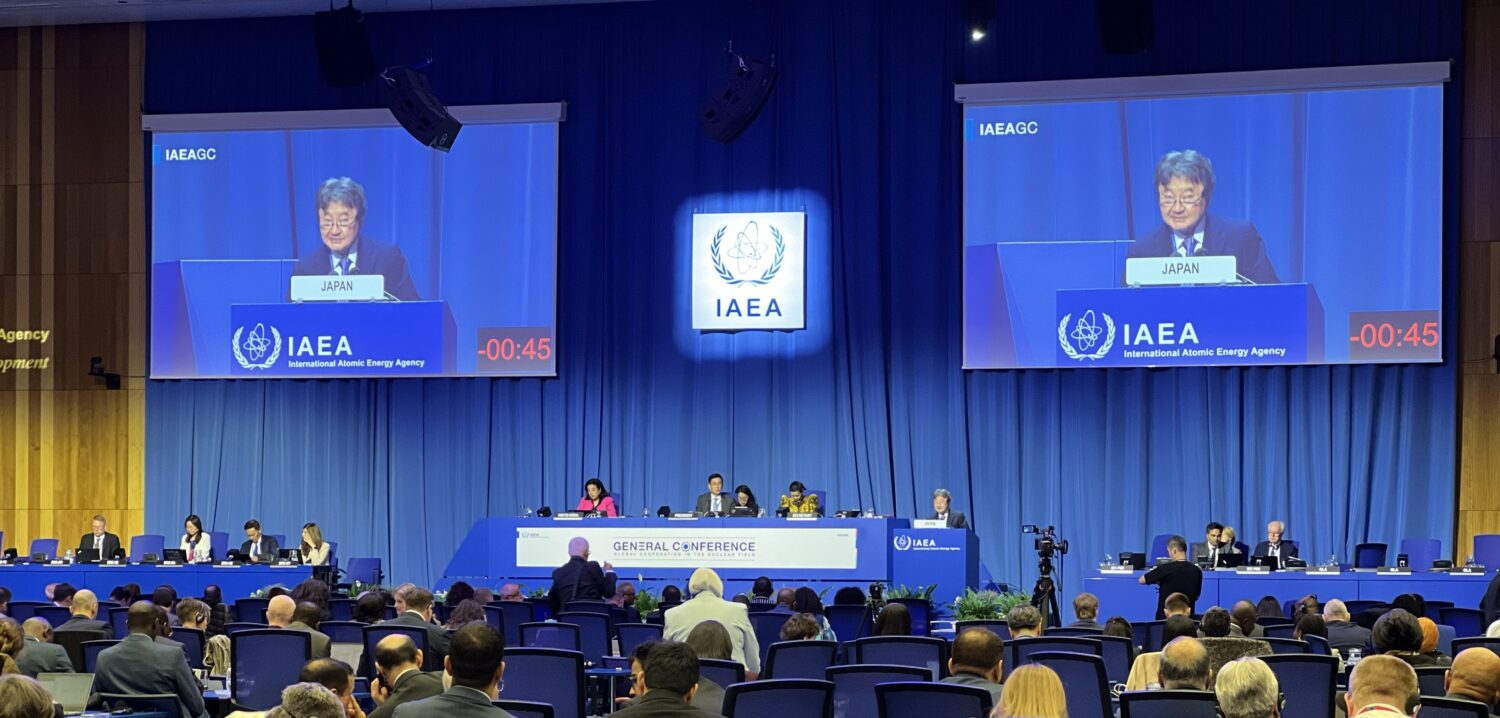


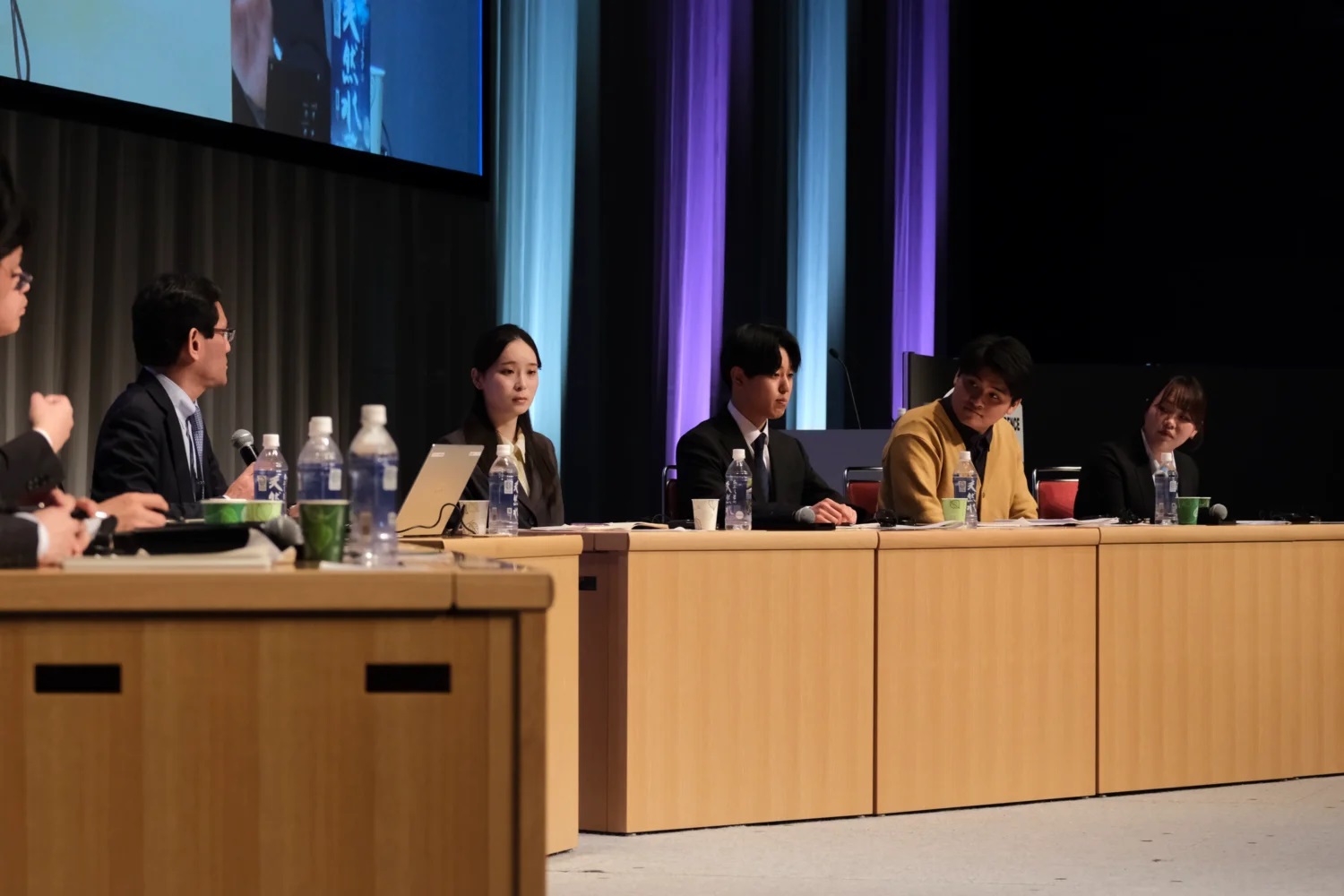
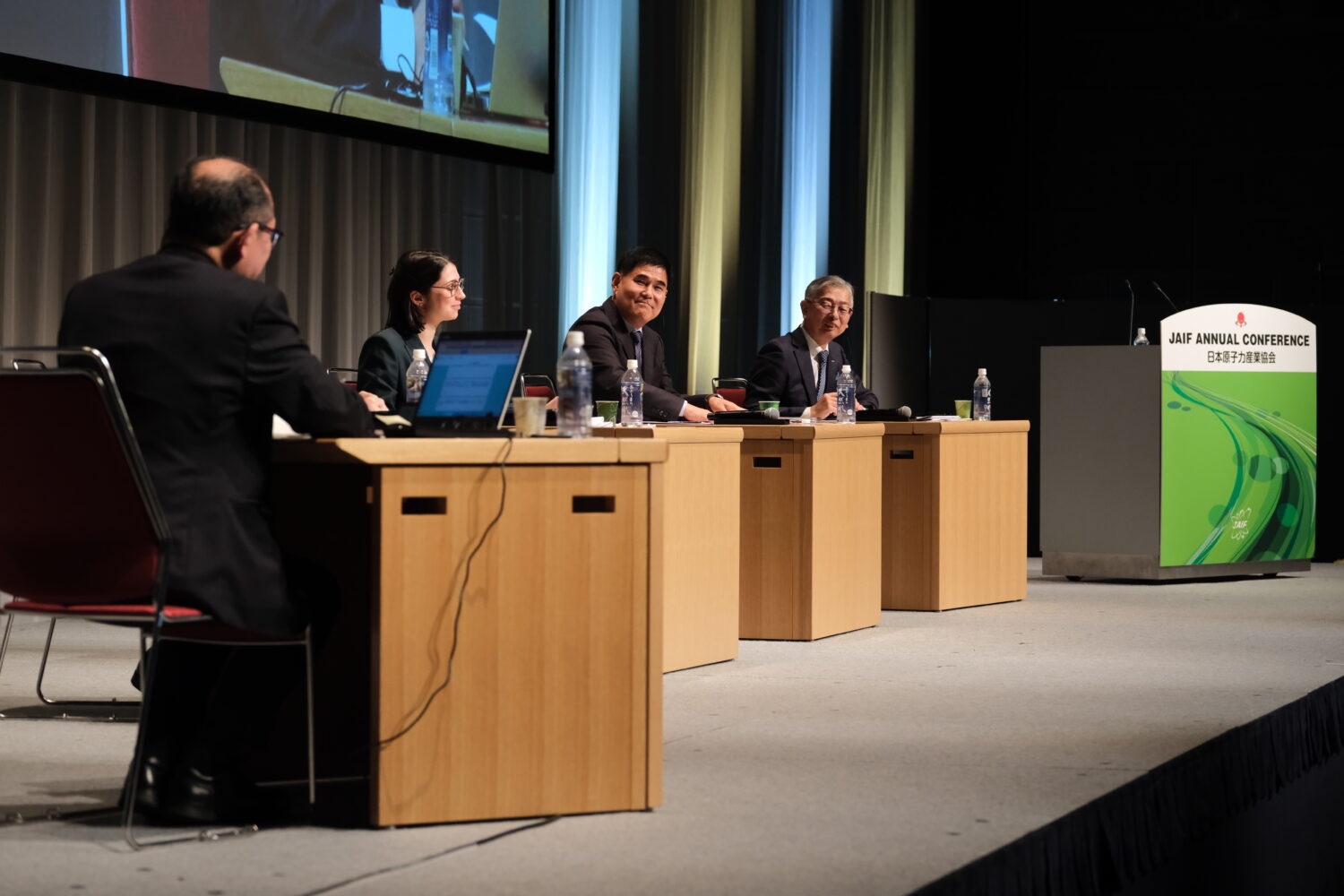
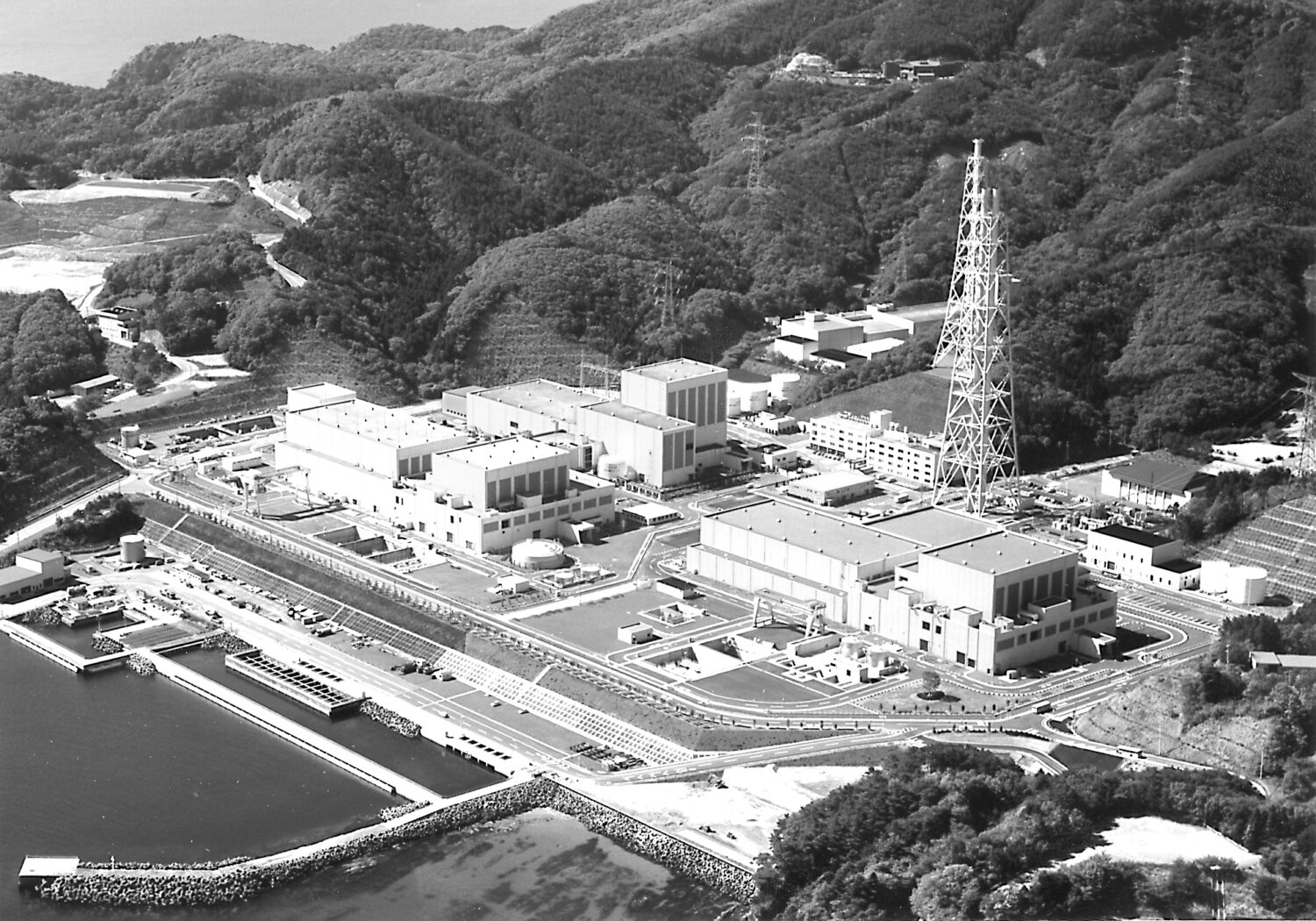
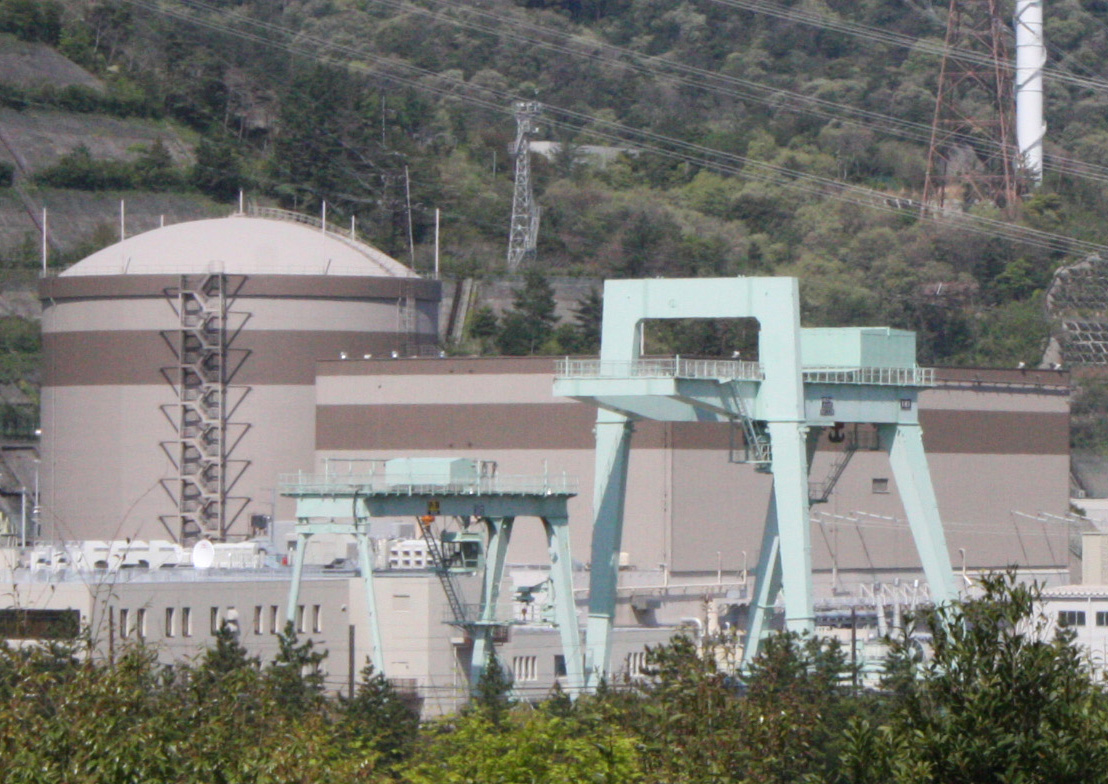
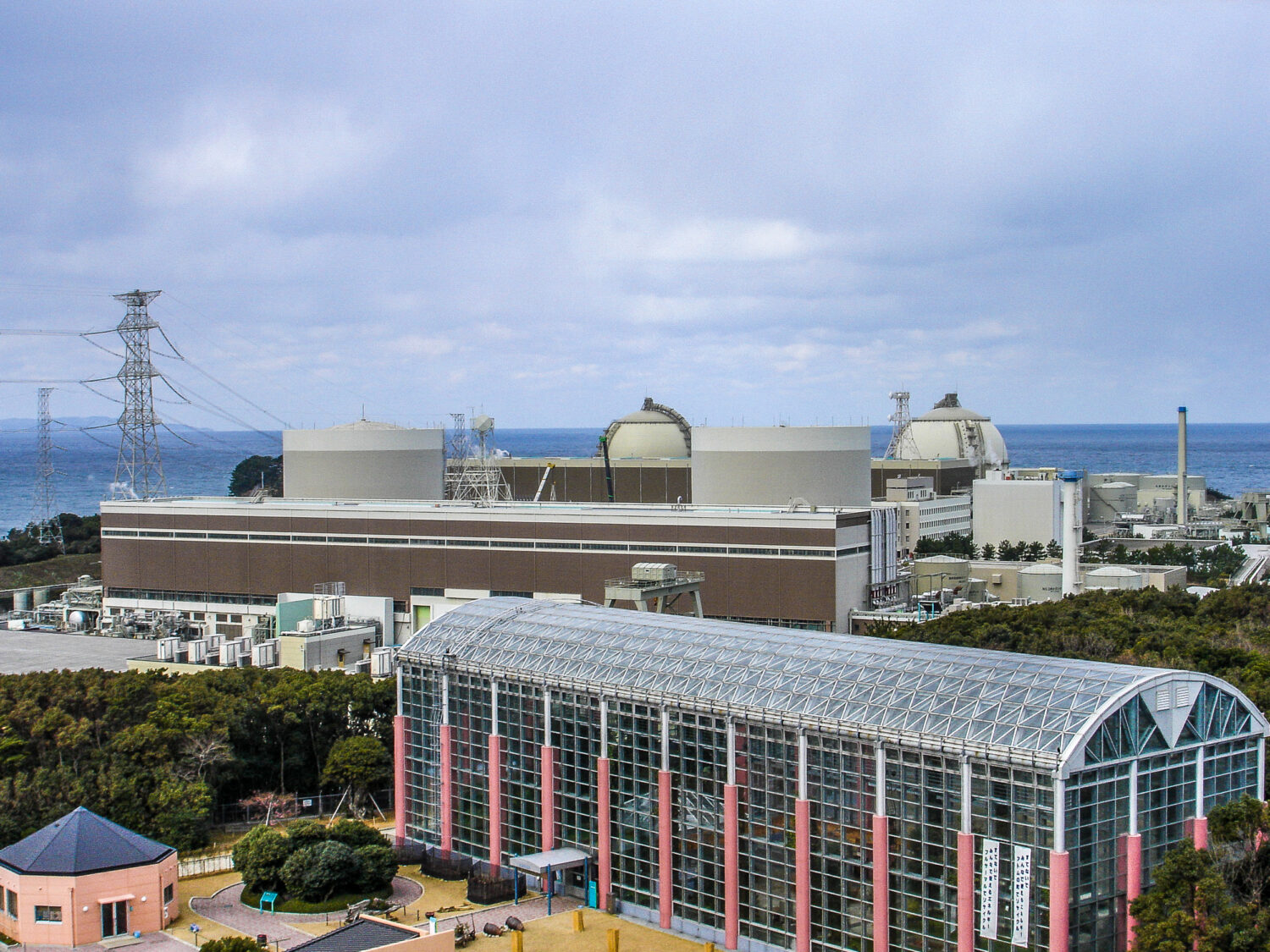
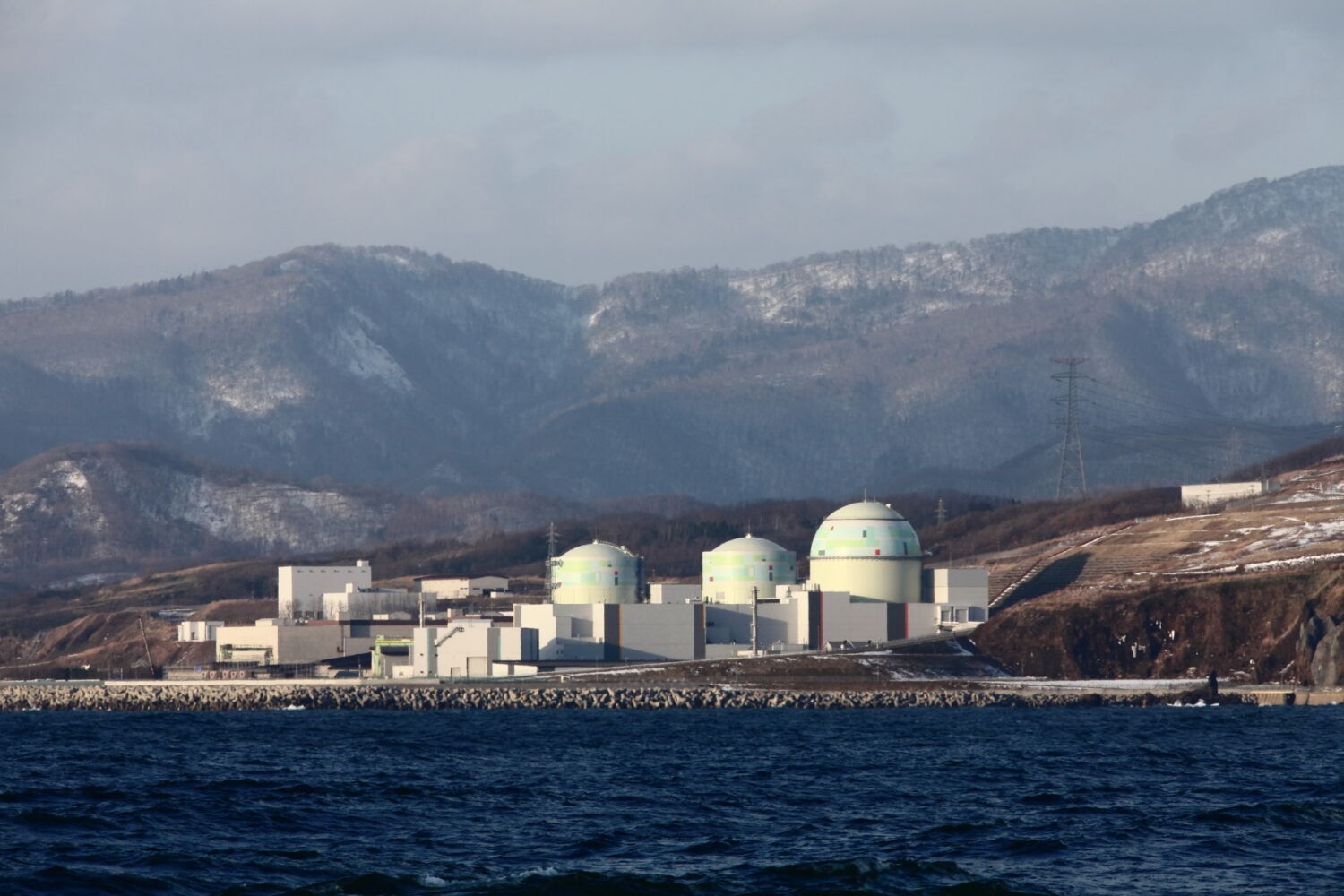
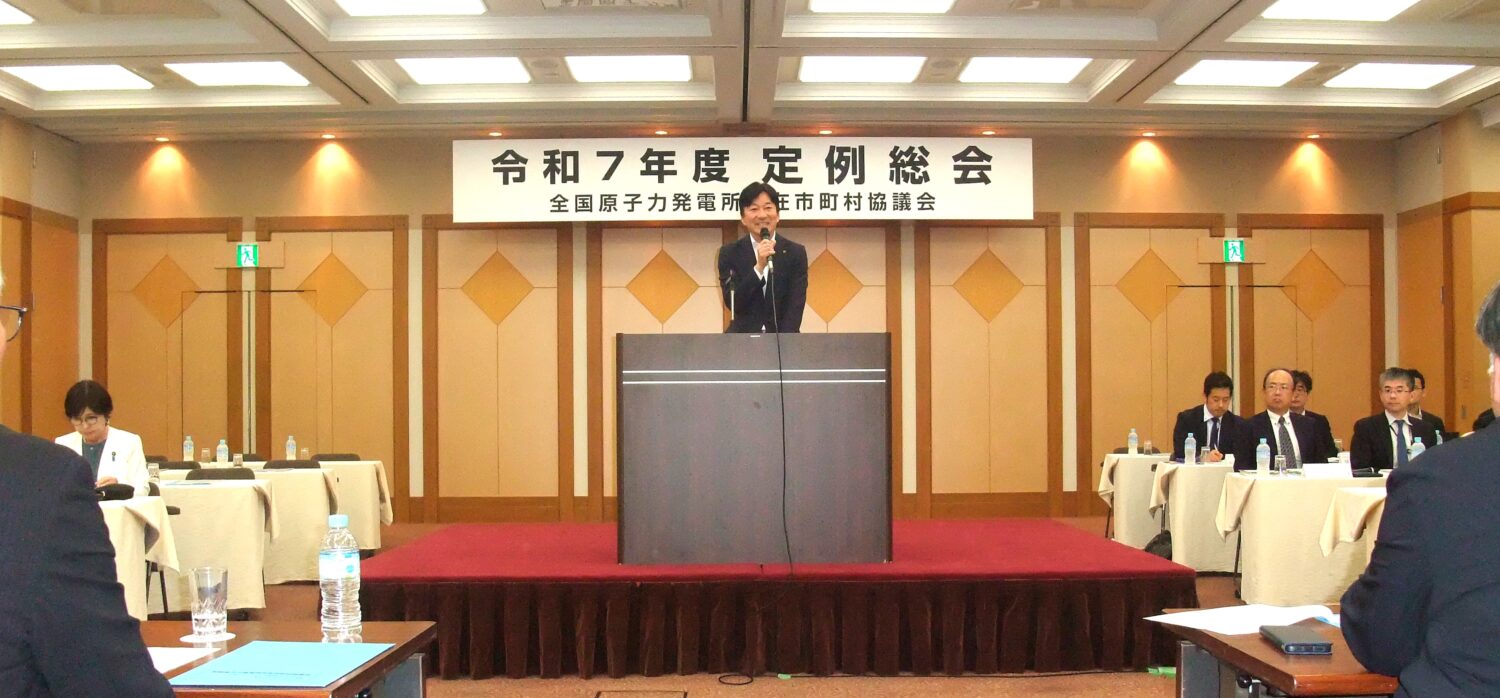
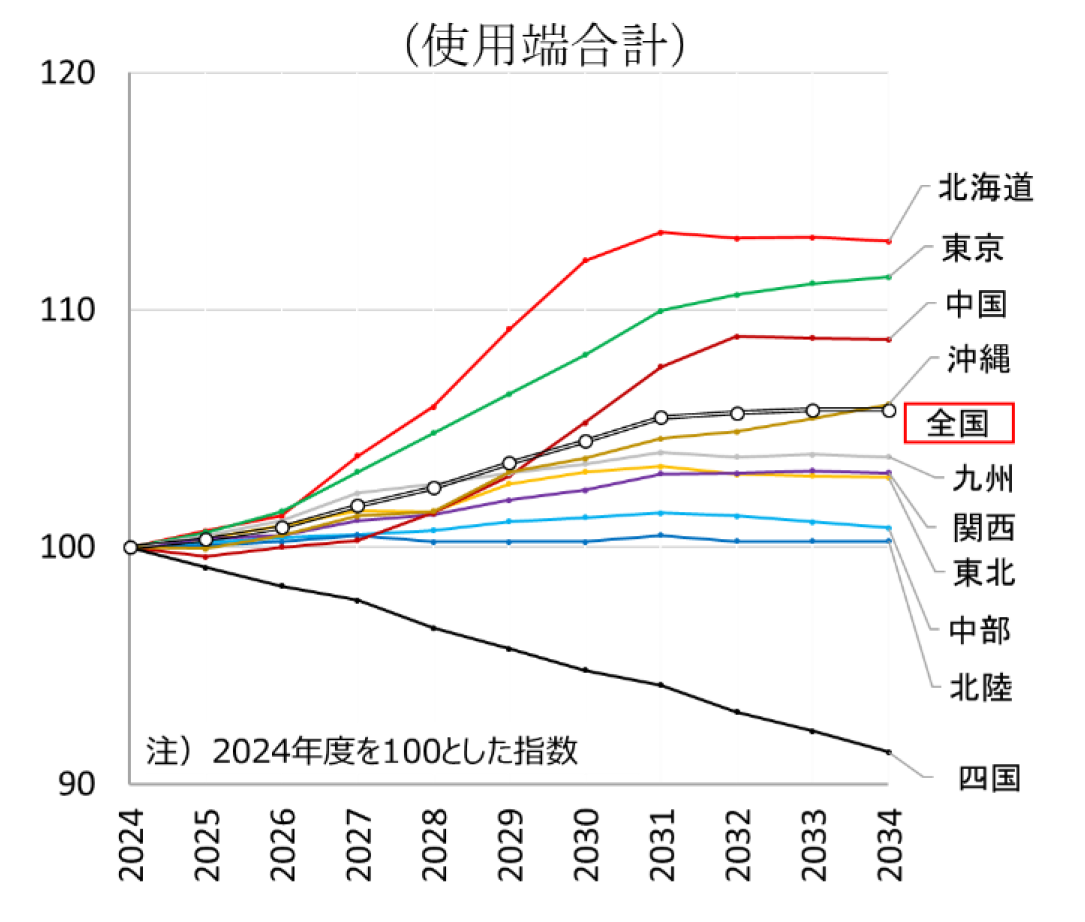
-013.jpg)


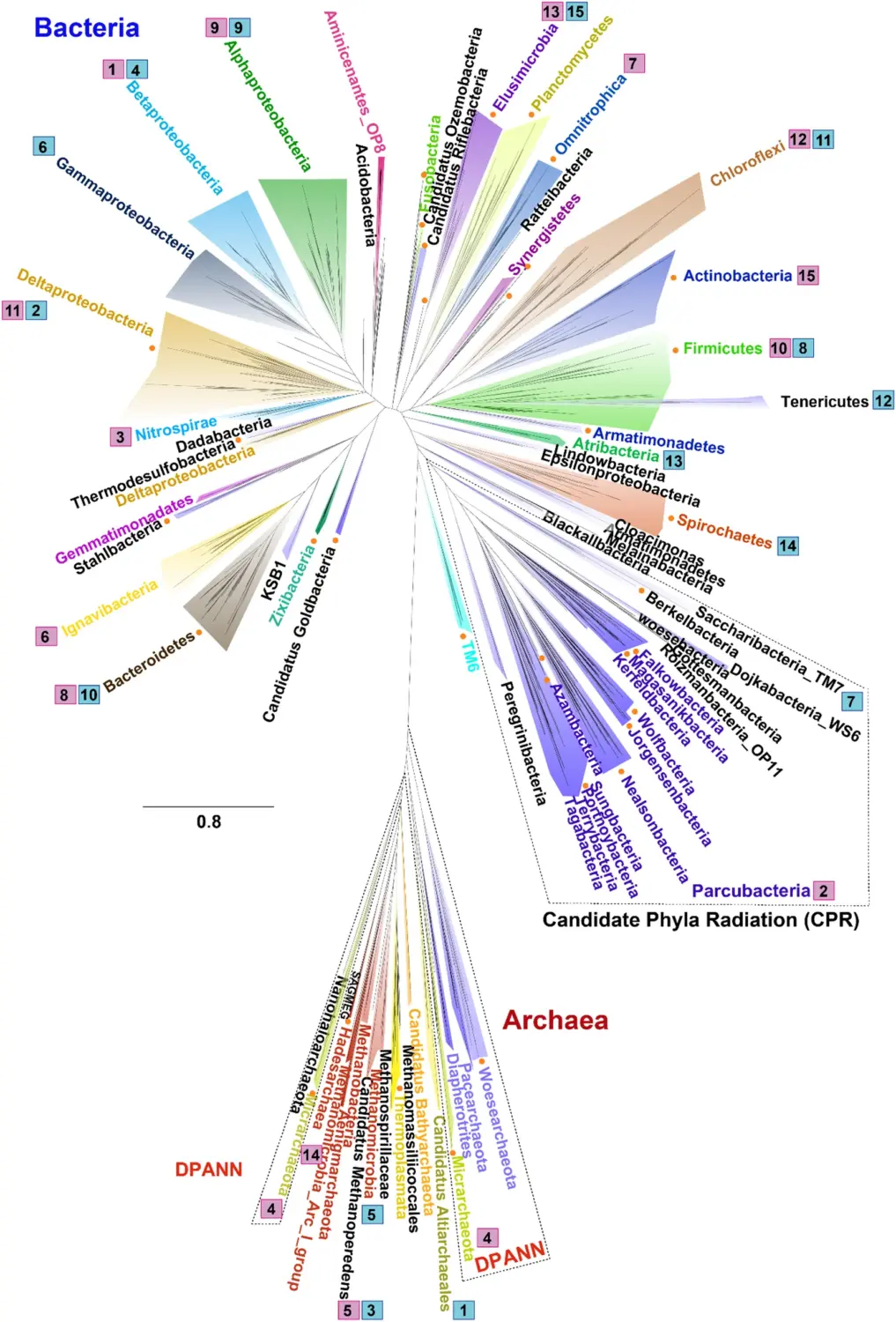
.jpg)
